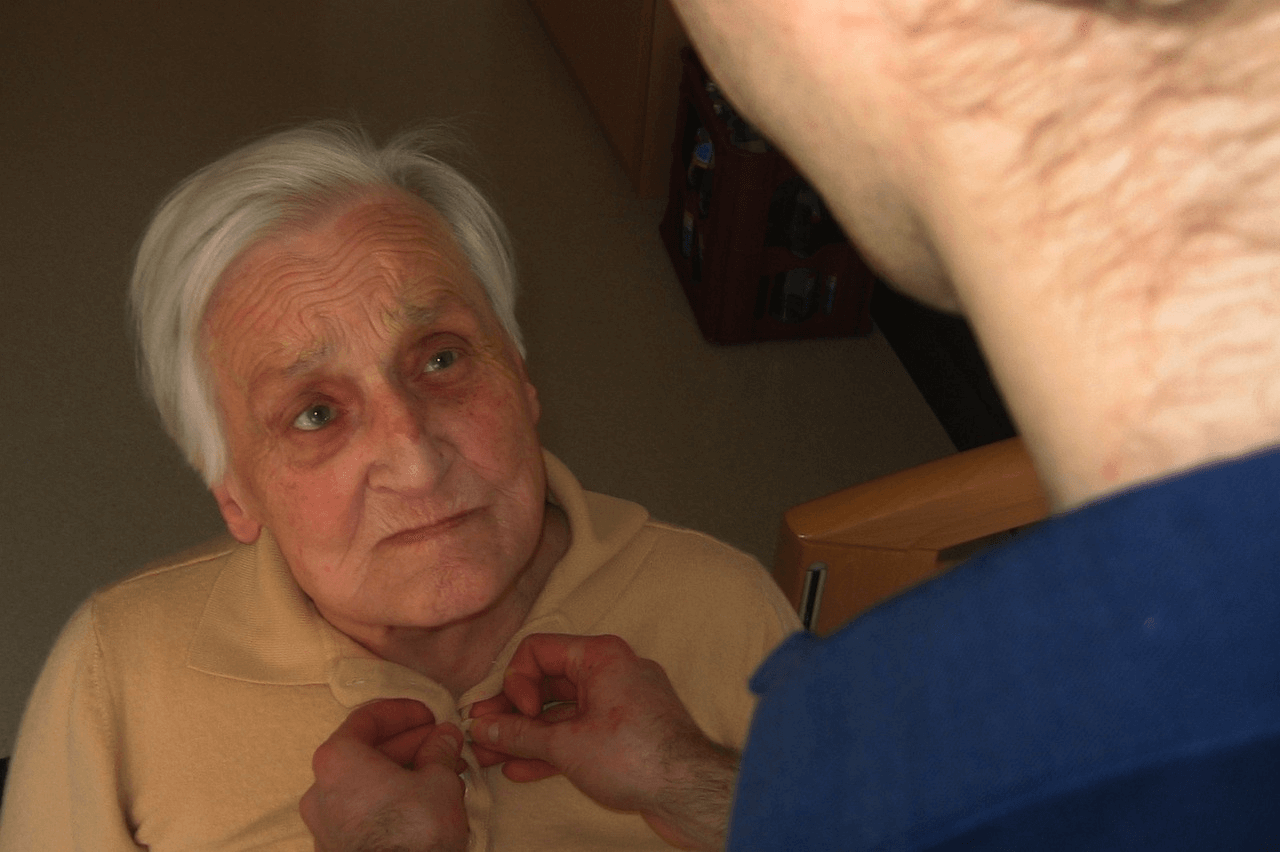As our loved ones age, ensuring they receive the care and support they need becomes a top priority. Home care services offer a valuable solution, enabling elders to maintain their independence while receiving personalized care in the comfort of their own homes. Navigating the world of In-home care can seem daunting, but with the right information and resources, it becomes an empowering journey for both elders and their families.
So let’s explore the various aspects of home care services, from understanding the different types of care available to evaluating costs and selecting the right providers.
What Exactly Are Home Care Services?
Home care services encompass a range of support and assistance provided to individuals in their own homes, aimed at promoting independence and enhancing their quality of life. These services cater to a variety of needs, from medical care to daily living assistance, ensuring that individuals receive personalized care in the comfort and familiarity of their own environment.
What are the Types of Home Care Services?
Before moving forward to creating a Dementia friendly home, you must know the basic types of home care services:
Personal Care
This category of in-home care services is geared toward helping elderly citizens with their regular tasks and activities. Professional carers are educated to assist with activities like clothing, grooming, and medication reminders. Seniors are able to keep their freedom while getting the assistance they need.
Companion Care
In addition to physical help, many older citizens also need emotional support and company. Services for companion care are created to meet these needs. In addition to helping elders with errands and appointments, caregivers frequently participate in leisure activities with them. This all-encompassing strategy encourages interpersonal relationships and emotional health.
Medical Care at Home
For seniors with more complex medical needs, medical care at home is a crucial option. Licensed healthcare professionals provide medical services, including medication administration, wound care, and monitoring of vital signs. Medical care at home ensures that seniors receive the specialized attention they require.
Specialized Care
Seniors suffering from specific medical conditions, such as dementia or Parkinson’s disease require specialized care. Home care services can tailor their support to address these unique challenges. Caregivers are trained to provide the necessary assistance and therapies to improve the quality of life for seniors with specific medical disorders.
The Merits of In-Home Care
Independence and Comfort
One of the primary merits of in-home care is its capacity to enable senior citizens to age in their cherished abodes. This signifies that they can continue to reside in the comforting familiarity of their homes, steeped in precious memories.
Personalized Care
In-home care services are profoundly adaptable. Care plans are carefully tailored to cater to the distinct requirements and preferences of each individual, guaranteeing that they receive the optimal level of care personalized to their needs.
Involvement of Families
Families can actively partake in the care plans of their cherished seniors. By doing this, you can ensure that senior’s demands are met, their welfare remains a top priority, and keep your loved one safe at home.
How to Select the Right In-Home Care Provider?
Evaluate the Requirements of Your Beloved Senior
Calculate the extent of care necessitated, whether it involves fundamental assistance or specialized medical attention.
Verify Credentials
Verify that the in-home care agency holds the required licenses for insurance coverage and employs qualified professionals.
Review Feedback
Search for assessments and testimonials from other clients to gauge the caliber of care extended.
The Role of Caregivers
In-home care professionals, often referred to as caregivers, play an indispensable role in providing assistance and companionship to senior citizens. They forge robust connections with their clients, offering not solely physical support but also emotional support.
Preserving Dignity
In-home care empowers senior citizens by upholding their dignity. They can maintain their personal hygiene and privacy while receiving considerate care.
Alleviating Isolation
Numerous senior citizens struggle with feelings of isolation, which can precipitate depression and declining health. In-home care providers furnish companionship and engagement, mitigating sentiments of loneliness. Try to be a friend to them and learn tips for not letting the elders feel lonely for better mental health.
Supporting Family Caregivers
In-home care also proves to be a boon for family caregivers by providing them with rest and assistance. This ensures that they can continue to care for their beloved senior citizens without becoming overwhelmed.
Conclusion
In a world where senior citizens often experience feelings of neglect and isolation, in-home care services emerge as a lifeline. They empower senior citizens by granting them the opportunity to age gracefully within their own homes, enveloped in love and care. By carefully selecting the right in-home care provider and embracing these services, families can ensure that their senior citizens bask in the comfort and support that they genuinely need.
FAQs
Do insurance policies cover home care services?
Although coverage varies, various government and insurance programs may contribute to the cost of home care services. It’s crucial to confirm alternatives and eligibility with your insurance company.
How can I locate a trustworthy home care company?
Begin by requesting referrals from medical experts or friends who have utilized home care or memory care services for seniors. To make an informed decision, investigate agencies online, read reviews, and speak with possible suppliers.
Can in-home care providers offer medical support?
Yes, some home care agencies provide medical services, including prescription administration, first aid, and physical therapy. Make sure you talk to the provider about your loved one’s unique needs.
Is home care just for the elderly?
No, home care services may also assist those recovering from surgery or an injury, as well as those with disabilities, chronic diseases, or other medical conditions. They are not just for elderly people.
How can I make sure that my loved one is given kind care at home?
It’s critical to set expectations with the selected home care provider and to speak honestly with them. Check on the standard of care frequently and deal with any issues right away.





